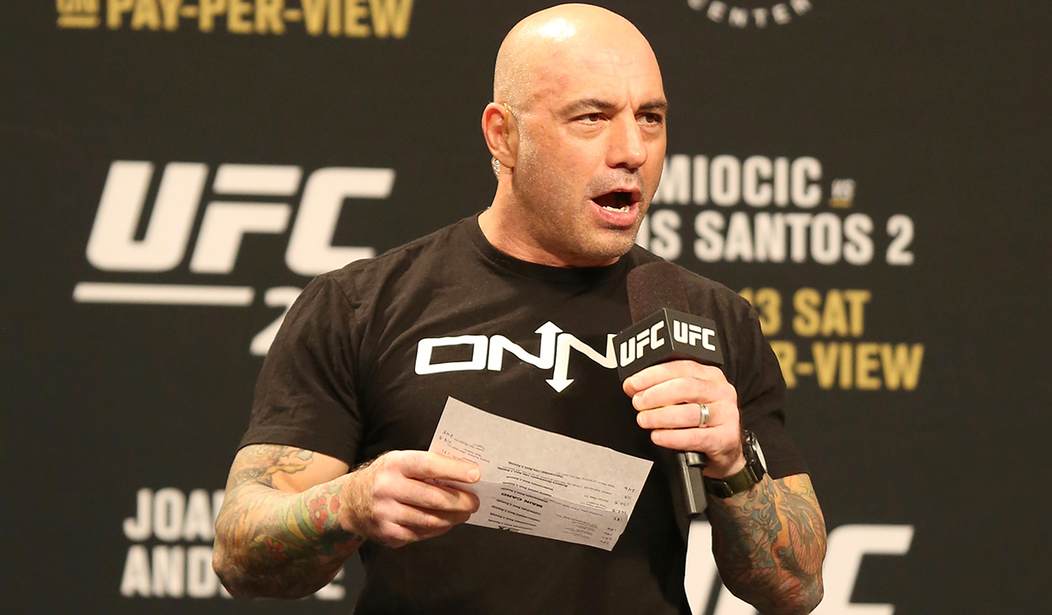Thinking unapproved thoughts is a violent activity. Saying those thoughts out loud is terrorism, and as we all know terrorists have to be hunted down.
Break out the drones!
It’s not quite that bad in the US…yet. But the Left is working very very hard to get there. President Biden has already mused that the US government has F-15s ready to go should they be needed to suppress the MAGA crowd. They have even invented a term for people who think and talk like you and me: stochastic terrorists.
A quick search on Google for the term “stochastic terrorism” (the neologism being used to describe the violence of unapproved speech) shows a disturbing growth in the use of the term. (Stochastic terrorism: “The use of mass public communication, usually against a particular individual or group, which incites or inspires acts of terrorism which are statistically probable but happen seemingly at random.”)

Fear not, readers. The Brookings Institution is here to root out stochastic terrorism and aid in its suppression. And since we live in the Internet age, it may yet be possible to avoid the use of using Hellfire missiles and drones and resort to less kinetic tactics, such as deplatforming the offenders. After all, hunting down and killing these dangerous free thinkers should only be a last resort. They are now rating podcasts in a manner that is reminiscent of the Chinese Social Credit score.
How can we better understand the political podcast ecosystem? @vwirtschafter offers the first publicly available, centralized collection of podcast episode data describing the political podcasting industry in a ready-to-use, downloadable format. https://t.co/1qPTuhhwa5
— The Brookings Institution (@BrookingsInst) September 11, 2022
Here’s the scary introduction used to reveal their new tool to score podcasts:
In early February 2021, Sen. Ted Cruz and his co-host Michael Knowles were recording a live episode of the podcast Verdict with Ted Cruz when the Texas Republican coined a colorful metaphor to describe Beto O’Rourke’s base. In Cruz’s telling, the Texas Democrat’s core support is made up of “reporters” acting like “groupies at a Rolling Stones concert throwing their underwear” at him. “I mean if they wore underwear,” Cruz added. With a wry expression, he paused. “Too edgy?” he asked. Knowles laughed, dismissing the concern outright: “It’s a podcast—you can say whatever you want.”
Knowles’ assessment of the podcast ecosystem as a space where “you can say whatever you want” is—for the most part—accurate, both with respect to government regulation and platform guidelines. Even as tech companies raced to limit the spread of election-related misinformation across social media platforms in late 2020, prominent political podcasters played a central role in disseminating election fraud narratives in the lead up to January 6, as we have documented. Podcasts also offered a prime avenue for the spread of pandemic-related misinformation, particularly regarding unproven treatments and vaccines. Despite the real-world harms caused by this type of misinformation and the medium’s growing reach and influence, to-date little research has explored the role of podcasting in shaping political conversations due to a myriad of technical and other challenges.
Saying whatever you want!? Gee whiz, we can’t have that! We need to find a way to root out and destroy any venue where the wrong people can dissent from the approved narrative.™
How to stop it? Well, first you need to identify the enemy and fix his location before you destroy him, and that is where Brookings is here to help. They have developed a “dashboard” that identifies and rates trends in podcast discussions.
To help policymakers, researchers, and the tech community better understand podcasting’s role in the information ecosystem, we have developed a dashboard that aggregates political podcast episode data into a single, easy-to-use format and provides an overarching look at the medium in near real time. This data set represents the first publicly available, centralized collection of podcast episode data describing the political podcasting industry in a ready-to-use, downloadable format. We focus on political podcasters, due to both their prominence in the broader media environment and their ability to rapidly shape public opinion and the contours of political debate. We hope that the release of this dashboard and data set will facilitate better monitoring of a medium that has until recently flown under the radar, despite its growing popularity and influence in political conversations.








Join the conversation as a VIP Member